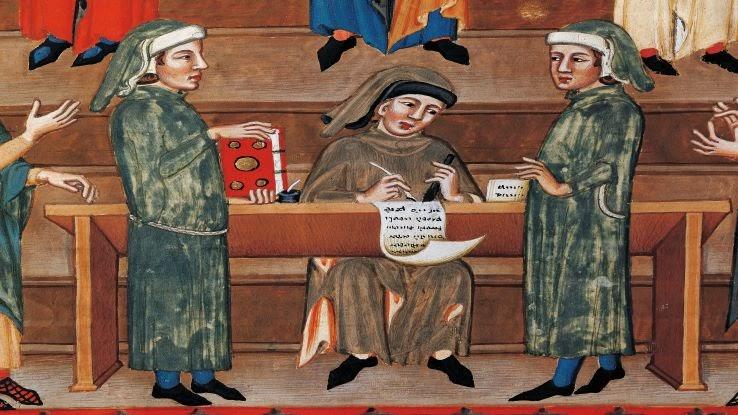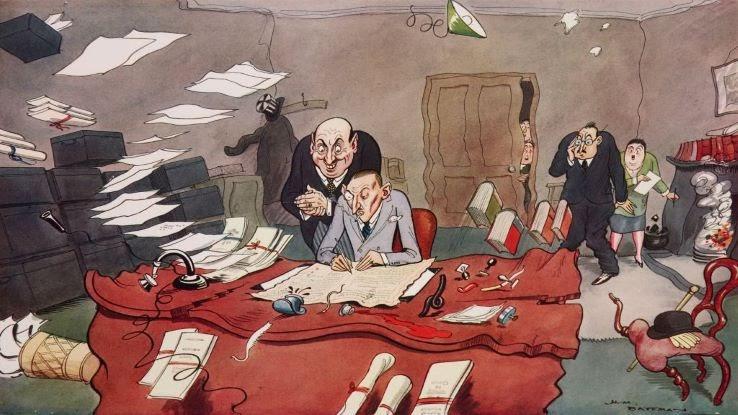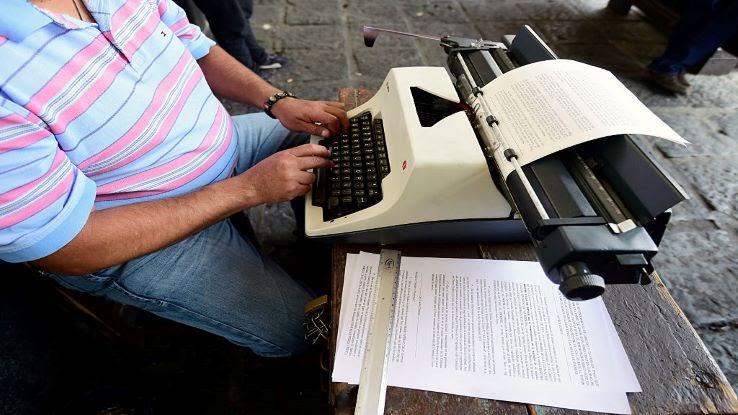What is the American Notary Association? A Guide to All Things Notarial

Becoming a notary can make work easier for you and your employer. It can also help advance the lives of others. Needing something notarized or witnessed can feel like a lot of red tape. Thankfully, there is a lot of help getting through it.
Who supports notaries in their notorious endeavors? The American Notary Association is one organization dedicated to being a resource for notaries. Thanks to the American Notary Association, and other orgs like the National Notary Association, people are able to get the appropriate stamps and ink pads needed to do their jobs. They also assist in the process of becoming a notary, which can vary by state. Notarization protocols have been eased a bit in some states due to COVID-19. For a crash-course in all things notary-related, read on.
Notary Then, Notary Now: The History of Notarization
It’s easy to chalk up a notary public as simply part of “American bureaucracy,” but notary publics have been around for as long as history itself. When thinking of notary publics and history, consider that documents like the Magna Carta and the Declaration of Independence, which have a lot of signatures, were technically notarized. Notary publics can be traced back much further than that, however. Thousands of years before the American Notary Association was even a thought, society relied on scribes.

Scribes existed as far back as 3,300 B.C. in Sumeria, where the earliest forms of writing occurred. The scribes eventually “notarized” documents by creating their first seals. But the first official notaries were in ancient Egypt. Dating back to about 2,750 B.C., ancient Egyptian scribes would typically carry a cartouche and keep as many records as possible. Since writing and education were a privilege back then, scribes were highly ranked among the social classes.
The work of a notary back then entailed more record keeping as opposed to signing documents. Today, notarized documents can be required in a number of scenarios. Legal documents of many sorts, financial records and transactions, loans, and last will testaments can all require a notary in some way. Notarization can mean a seal, a signature, or a separate document entirely.
If the task of getting something notarized seems like a pain, just keep in the back of your head that what you’re doing is important. It’s not to say that your task is going to be as grand as the Magan Carta or The Constitution, but it’s still important.
Who Supports Notaries in Their Notarial Endeavors?
Picture this: you go through all the steps your state requires to become a notary. The fees have been paid, exams have been passed. When the time comes to finalize documents and make them as official as possible, your pockets are empty. What are you going to do? Especially in unpredictable times, like amid a pandemic, leaving one’s house and getting equipped for any position can be extremely difficult. Thankfully, we have collected a wealth of resources that sell supplies, help with training, and provide other resources and support for notaries.

The American Notary Association offers customizable stamps and seals. They have a number of options like self-inking stamps and heavy duty stamps. Rush delivery is available on many of their products, so that they’ll arrive by noon the next day in some cases. So, if you’re in a jam, the American Notary Association is there to help.
The National Notary Association offers training on how to become a notary and renew your notary license. With the training the NNA offers, you can also become a loan signing agent, which can really help you or your employer move things along amid the red tape of home loans. Supplies sold by the NNA include stamps, journals, certificates, and notebooks.
The American Society of Notaries helps one find a notary in addition to providing training and supplies for would-be notaries. They made sure to take COVID-19 seriously and have a wealth of knowledge for both notaries or those that need something notarized during the pandemic.
The Colorado Notary Blog is a goldmine for notary content. You can learn everything from how notaries should conduct themselves on social media to how early forms of writing during the Shang Dynasty (around 1,600 B.C.) still influence notaries today.
The COVID Conundrums: Notarizing During a Pandemic
The notarization process hit a few bumps in the road during the onset of COVID-19. Traditionally, for a document to be notarized, one had to be present and at most a few feet away from the notary. But in order to comply with social distancing protocol, some notaries are getting creative with distant signings. It might seem a little weird to meet someone in a parking lot or open-outdoor area to sign a legal document, but times are tough!

Needing to be physically present for a signing is an inherently ableist pillar in our society and can sometimes require privilege that not everyone has. Yet, for important documents that can help improve one’s livelihood, like a new job, a new loan for a business, home or car, or one’s will, it’s deemed necessary. People with mobility issues, chronic illness, big families, full-time jobs, or those who rely on public transportation could all face obstacles when getting something notarized. However, due in part to the pandemic, a culture shift is happening.
Thankfully, there is some relief and forward thinking in the notary community. Even before COVID-19, some states offered Remote Online Notarization (RON), a virtual method of getting something notarized. Almost half of all U.S. states have made this practice permanent. Most states have taken on some form of RON and many have expanded upon the basic RON foundation. Some states require a video and audio recording of the signature process; additionally, the recording must remain on a file for five to 10 years after the signing.
Organizations like the American Notary Association and the Colorado Notary Blog are incredibly helpful in these dark, unpredictable times. So we recommend looking into these notarial support organizations for any further notary information.





